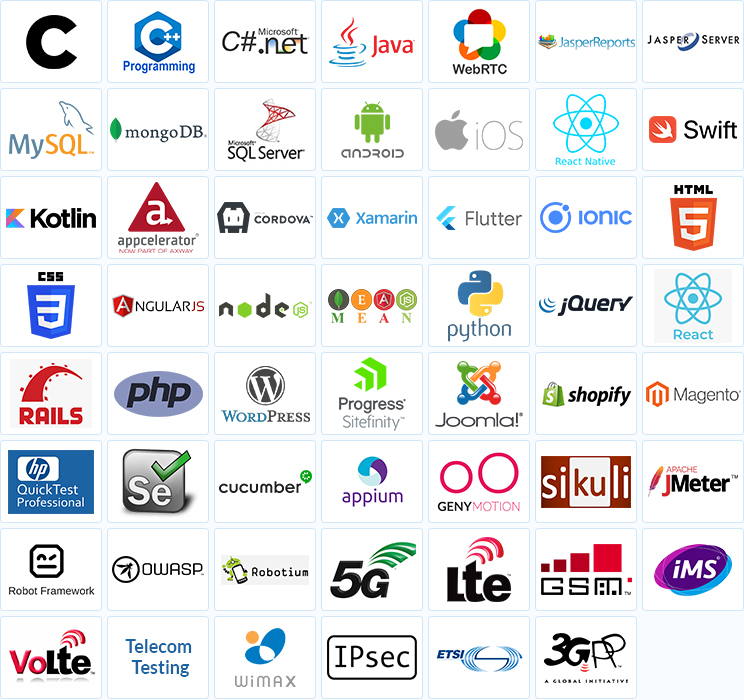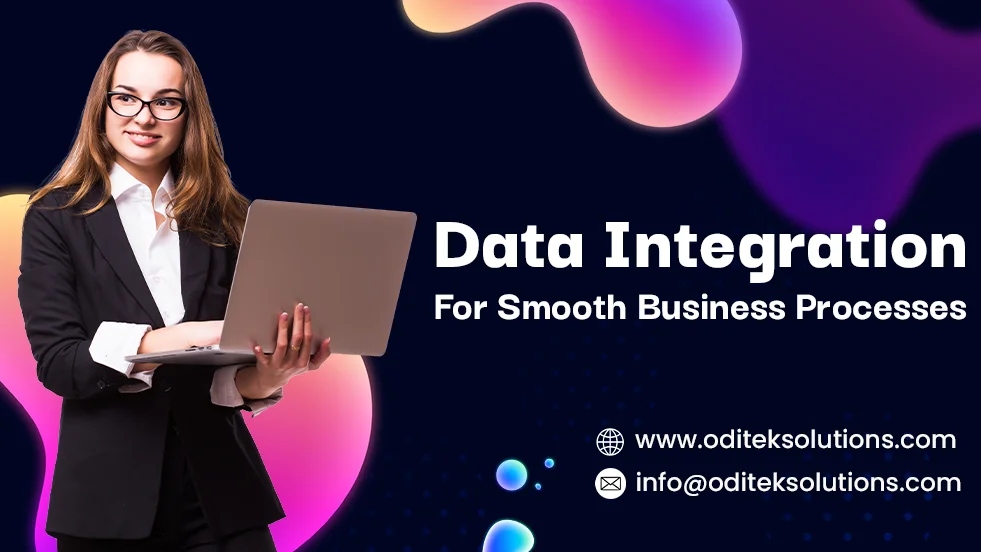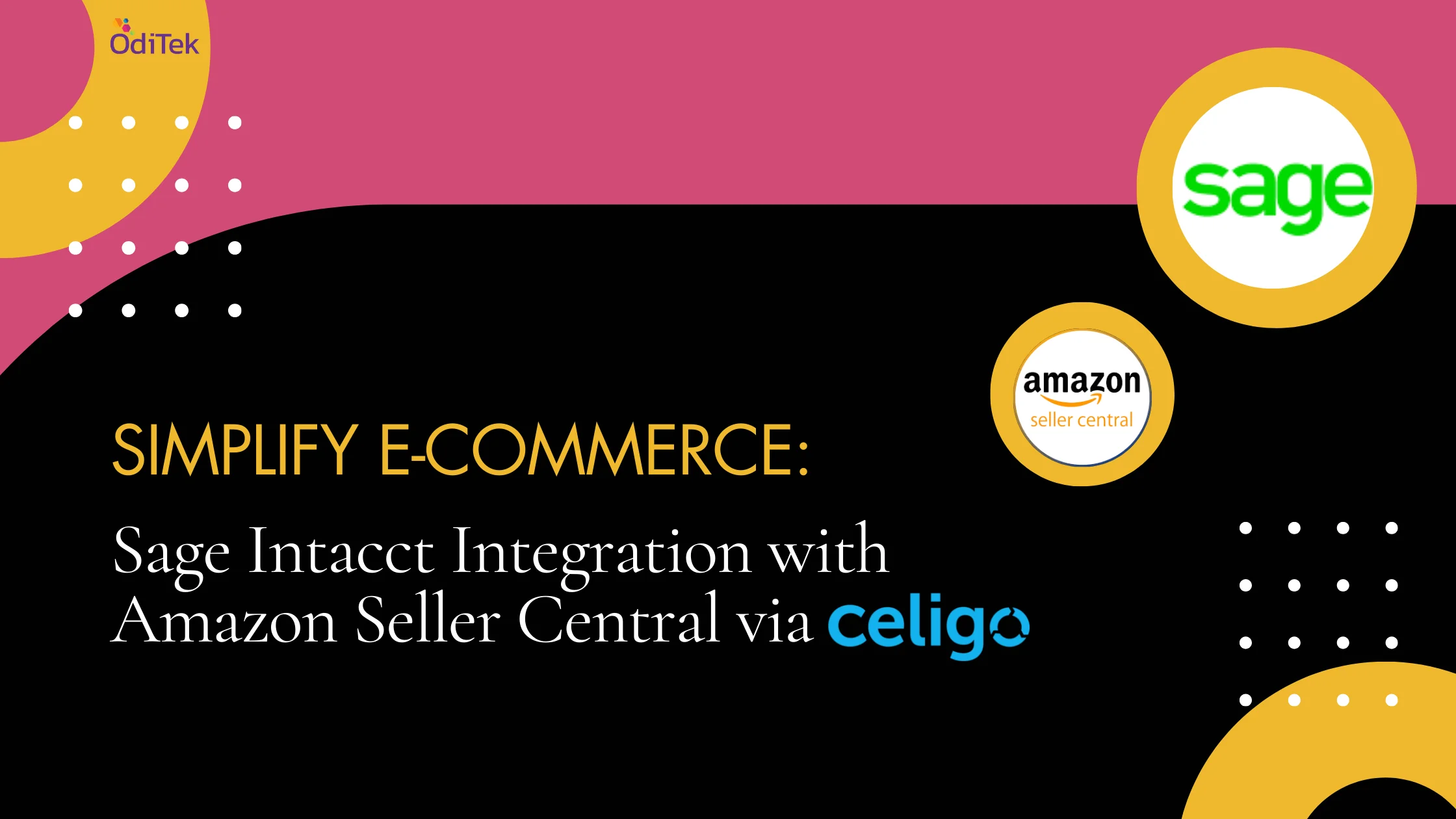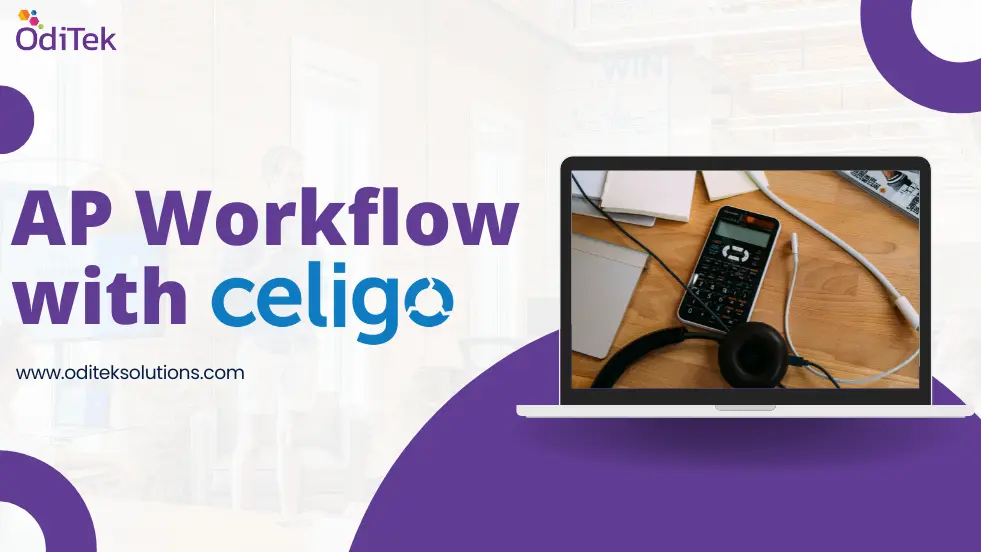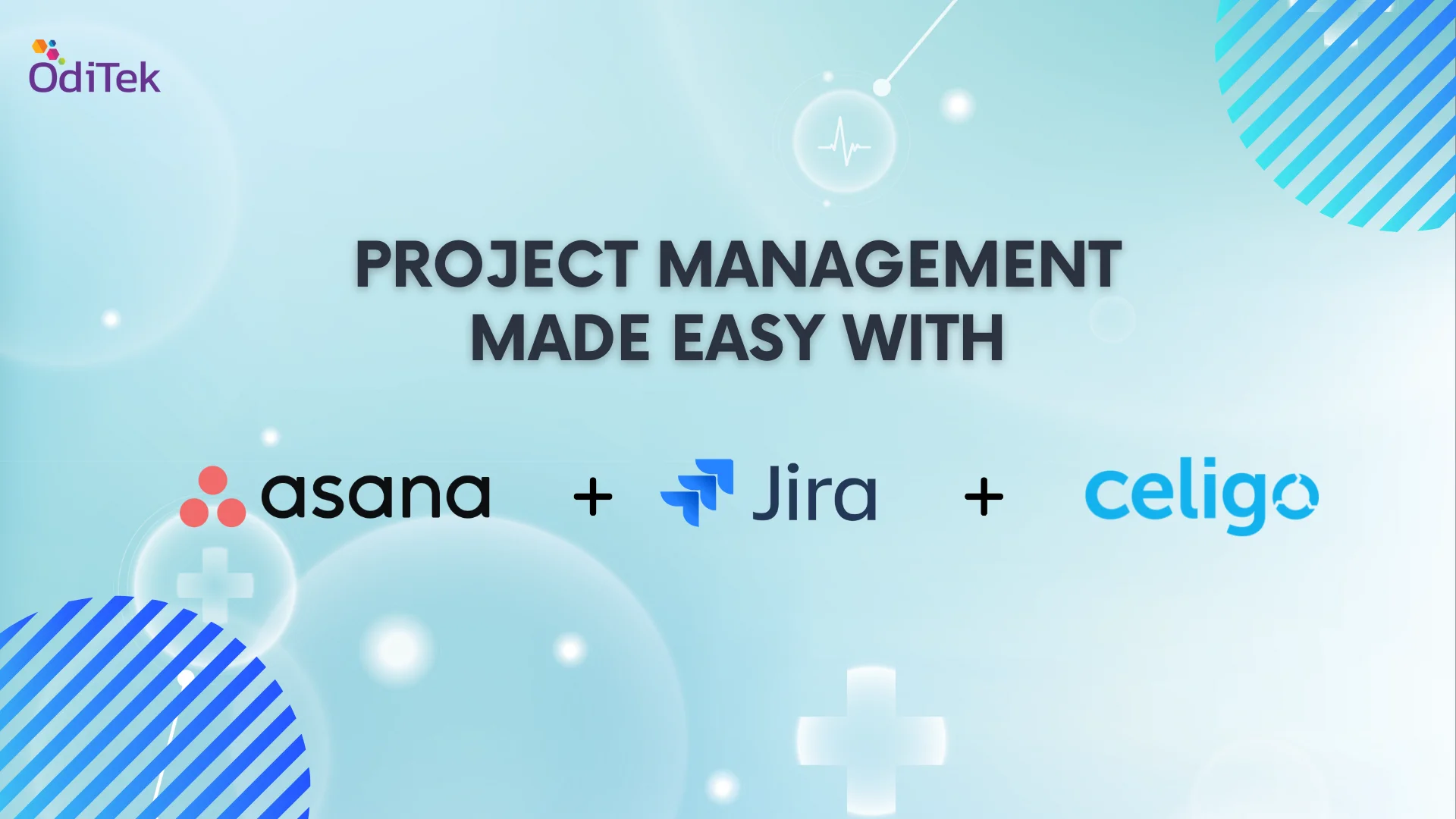Data integration is crucial in the corporate world as it streamlines the data integration process, facilitating the seamless flow of information across an organization. By combining and harmonizing data from diverse sources and systems, data integration, often powered by iPaaS (Integration Platform as a Service), ensures that businesses have a unified and accurate view of their operations. This enables better-informed decision-making, improved efficiency, and enhanced customer experiences.
Without effective data integration, companies may struggle with data silos, inconsistencies, and delays in accessing critical information. In today's data-driven landscape, businesses rely on the insights derived from integrated data, often made more accessible through iPaaS solutions, to optimize processes, gain a competitive edge, and respond to market changes swiftly. Data integration is the linchpin for achieving a holistic and actionable understanding of business operations and customer interactions.
Productive Data Integration with iPaaS: A brief Overview
The Data integration process is essential in the field of data management in view of the fact that it involves combining and unifying data from various sources and formats to create a single, coherent view of information. It enables organizations to efficiently gather, transform, and load data from disparate systems into a centralized repository or data warehouse, making the data accessible and usable for analysis, reporting, and decision-making. The data integration process typically includes tasks such as data extraction from multiple sources, data cleansing to remove errors and inconsistencies, data transformation to ensure uniformity and compatibility, and data loading into a target system. Data integration pipelines, which are sequences of data processing steps, automate and orchestrate this process, ensuring that data moves seamlessly from source to destination.In the realm of business, data integration is a vital catalyst for improving data quality, consistency, and accessibility. It empowers organizations to unlock the full potential of their data assets, resulting in more informed decisions, richer business insights, and heightened operational efficiency. iPaaS solutions are becoming increasingly indispensable in this context, as they streamline the process of connecting and harmonizing data from diverse sources.
Furthermore, data integration is intrinsically linked with data mining, as it furnishes the clean and unified data necessary for data mining algorithms to reveal valuable patterns, trends, and insights. The data integration-data mining synergy equips organizations with a competitive advantage, enabling them to extract actionable knowledge from their integrated data. This newfound insight can drive innovation, optimize processes, and enhance customer experiences, ultimately positioning companies for success in today's data-driven landscape. In this context, iPaaS solutions play a pivotal role in simplifying and accelerating the data integration process for organizations striving to harness the transformative power of their data for strategic decision-making and business growth.
Ideal Data Integration Process with iPaaS: Empowering informed decision making
An ideal data integration process often leverages iPaaS solutions to facilitate seamless connectivity and efficient data exchange between disparate systems and sources. iPaaS platforms are instrumental in simplifying and automating many aspects of data integration, making it more accessible and manageable for organizations. These platforms typically offer pre-built connectors, data transformation tools, and monitoring capabilities that contribute to a smoother and more cost-effective integration process. Thus an ideal data integration process involves:1. Data Source Identification and Collection
The process begins with identifying the various data sources within an organization. These sources can include databases, legacy systems, cloud applications, spreadsheets, web services, and more. It's crucial to catalog and prioritize these sources based on their relevance and importance to the organization's goals. Once the sources are identified, data extraction tools and methods are employed to gather data from these systems. This initial data collection phase sets the stage for the rest of the integration process.2. Data Transformation and Cleansing
After data extraction, the next step is to clean and transform the data. Raw data from different sources often comes in varying formats, with inconsistencies, errors, and missing values. Data integration systems apply transformations to ensure that data is standardized and consistent. This includes tasks like data cleansing to remove duplicates, correcting errors, and handling missing data. Data may also need to be transformed to align with a common data model, ensuring that it can be effectively integrated with existing datasets. Additionally, data integration processes may involve data enrichment, where external data sources are used to enhance the information being integrated.3. Data Mapping and Integration
One of the critical aspects of data integration is mapping the data elements from various sources to a unified schema. This mapping process defines how data from different sources will be matched, merged, or linked together. This step is vital in ensuring that data from different sources can be effectively integrated without conflicts or data loss. Data integration systems often provide tools for creating and managing these mappings, allowing users to define relationships and transformations to achieve the desired integration outcome.4. Data Loading and Storage
Once data is transformed and mapped, it is loaded into a central repository, such as a data warehouse or data lake. This central storage provides a unified view of the integrated data, making it accessible for reporting, analytics, and other applications. The loading process can be scheduled to ensure that the data is regularly updated. Some organizations opt for real-time data integration, where data is continuously streamed into the repository as soon as it is available. This ensures that the integrated data is as up-to-date as possible, a crucial requirement for businesses that need to respond quickly to changing circumstances.5. Data Validation and Quality Assurance
Data integration systems should incorporate robust data validation and quality assurance mechanisms. This involves checking data for accuracy, consistency, and completeness. Quality checks can be automated and include verifying data against predefined rules, ensuring that data falls within acceptable ranges, and detecting anomalies. Any data that does not meet the defined quality standards should trigger alerts or be subjected to a data quality improvement process. Data quality is a fundamental aspect of an ideal data integration process, as inaccurate or unreliable data can lead to flawed insights and poor decision-making.6. Monitoring, Maintenance, and Scalability
Continuous monitoring of the data integration process is essential to ensure that it remains effective and reliable over time. Monitoring includes tracking data flows, performance, and data quality. Any issues or errors should be promptly addressed. Maintenance involves keeping data integration tools, software, and systems up to date, as well as adapting the integration process to changing data requirements. Scalability is a consideration as data volumes grow. The ideal data integration process should be designed to accommodate increased data sources, users, and integration complexity as the organization evolves.Conclusion
An ideal data integration process is a well-orchestrated system that collects, transforms, integrates, and stores data from diverse sources, ensuring that it is reliable, accurate, and readily accessible for analysis and decision-making. This process not only streamlines data management but also empowers organizations to leverage their data effectively, gaining valuable insights and maintaining a competitive edge in the data-driven business landscape.At OdiTek, we understand the critical role of data integration in today's corporate landscape. With our expertise in iPaaS integration ensures that businesses can navigate this complex terrain effectively.
Contact us today!
What OdiTek offers
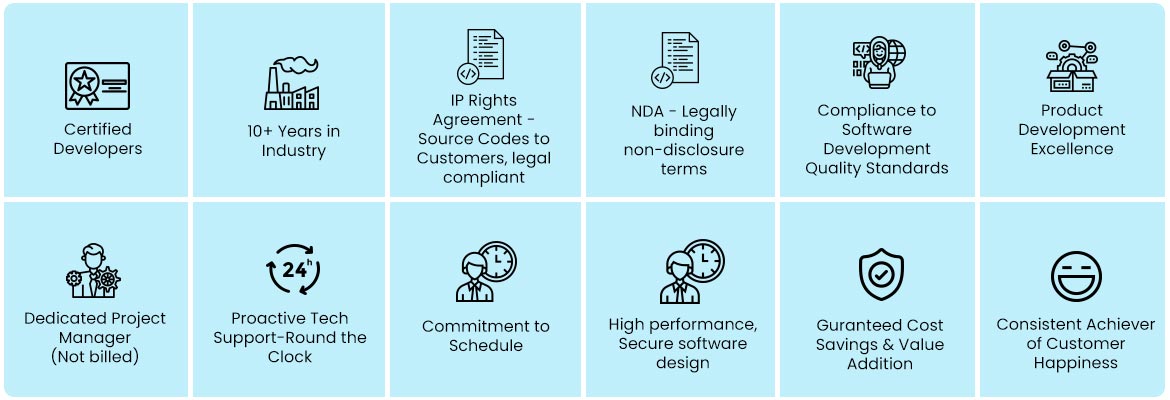
Refer our Skills page:

Dell Boomi Integrations
The evolving business environment and fast-changing technologies are pushing enterprises to adopt new systems and technologies, developing a highly heterogenous and complex IT environment do put strains on operational efficiency, collaboration, and outcomes. Businesses need to think of a robust integration platform that unifies people,...
more
